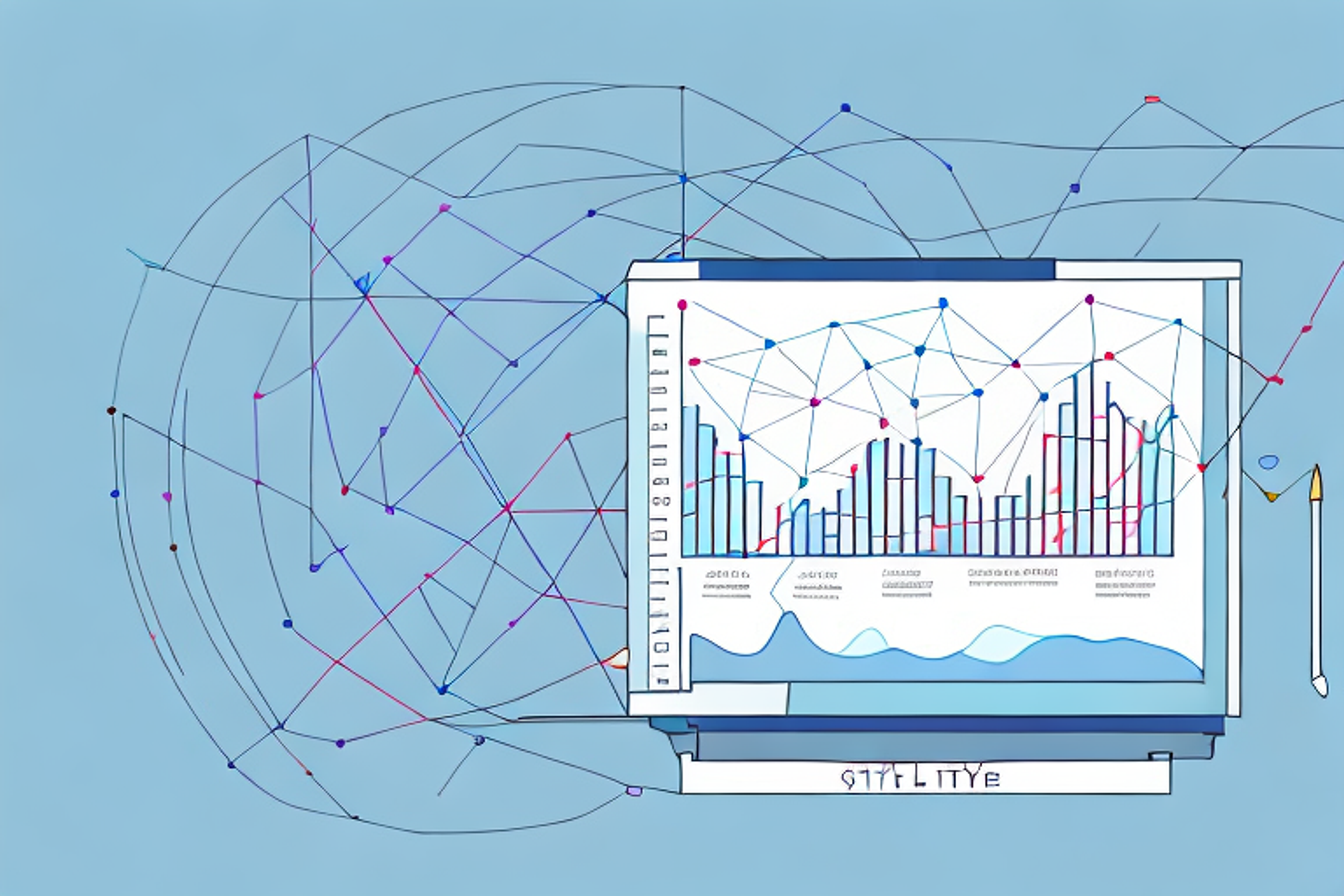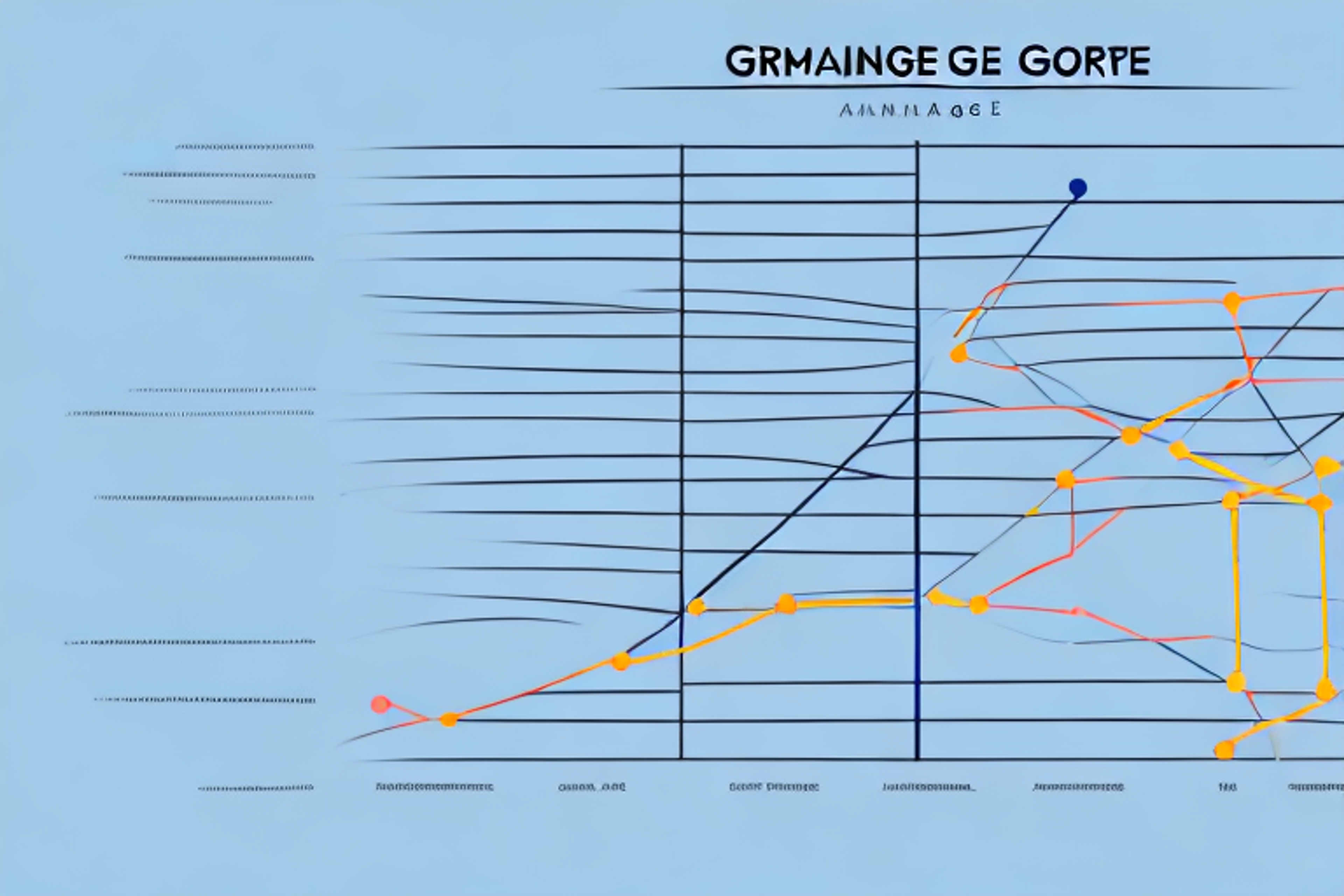
Table of Contents
If you're looking to pursue higher education, you've likely come across the GMAT (Graduate Management Admission Test) or GRE (Graduate Record Examinations). These exams are a requirement for many graduate programs, including business and management courses. However, as you dig deeper, you'll soon realize that taking the GMAT or GRE comes with a hefty price tag, which can add up quickly. In this article, we'll explore every aspect of the cost of taking the GMAT/GRE, including exam fees, test prep materials, and hidden costs that are often overlooked.
Why the GMAT/GRE is Required for Graduate School
Firstly, let's discuss why the GMAT/GRE is required for admission to many graduate courses. These tests are used by universities to evaluate a candidate's preparedness for the rigors of graduate-level study. The GMAT/GRE tests a wide range of skills, such as problem-solving, critical thinking, and analytical writing. By taking the exam, universities can ensure that students have the necessary skills to succeed in their chosen programs.
Additionally, the GMAT/GRE is often used as a benchmark for comparing applicants from different academic backgrounds and institutions. Since grading standards can vary widely between universities, the GMAT/GRE provides a standardized measure of a candidate's abilities. This helps universities to make fair and objective decisions when selecting students for their graduate programs.
What is the Cost of Taking the GMAT/GRE?
Now that we have an understanding of why the GMAT/GRE is required, let's dive into the costs associated with taking the exams. The cost of taking the GMAT is $250, while the cost of taking the GRE is $205. This fee covers the cost of taking the exam and sending your score reports to up to five universities. These fees are non-refundable, and payment is required before you can register for the exam.
It's important to note that there may be additional fees associated with taking the GMAT/GRE, depending on your location and testing center. For example, some testing centers may charge an additional fee for rescheduling or changing your test date. Additionally, if you need to send your scores to more than five universities, there may be an additional fee per score report. It's important to research and understand all potential fees before registering for the exam.
Exam Fees for Different Parts of the World
If you plan on taking the GMAT/GRE outside of the United States, you can expect to pay additional fees. The exam fees vary depending on the region, and in some cases, the fees are significantly higher. For example, if you plan on taking the GMAT in the Middle East, you'll pay $305, which is $55 more than the standard fee. If you plan on taking the GRE in Australia, you'll pay $230, which is $25 more than the standard fee.
It's important to note that exam fees are not the only additional costs you may incur when taking the GMAT/GRE outside of the United States. You may also need to factor in travel expenses, such as airfare and accommodations, as well as potential visa fees. It's a good idea to research all of the costs associated with taking the exam in your desired location before making any final decisions.
How to Save Money on GMAT/GRE Test Prep Materials
Aside from the exam fees, you'll also need to invest in test prep materials to ensure that you're adequately prepared for the exam. There are a wide variety of test prep materials available, ranging from books to online courses. Here are some tips to save money on test prep materials:
- Check your local library for test prep books, which you can borrow for free.
- Consider purchasing used books online, which can be significantly cheaper than buying new.
- Look for free practice tests online, which can help you get a feel for the exam without having to pay for prep materials.
Another way to save money on test prep materials is to join study groups or forums online. These groups often share resources and tips for studying, which can be a great way to access additional materials without having to pay for them.
Additionally, some test prep companies offer free trial periods for their online courses. Take advantage of these trial periods to see if the course is a good fit for you before committing to purchasing it.
Best Tips to Study for the GMAT/GRE on a Budget
Once you have your test prep materials in hand, it's time to start studying. However, studying for the GMAT/GRE can be time-consuming and costly. Here are some tips to help you study for the exam on a budget:
- Create a study schedule and stick to it. This will help you maximize your study time and ensure that you're adequately prepared for the exam.
- Form a study group with other test-takers. This can help you save money on test prep materials, as you can split the cost.
- Utilize free online resources like Khan Academy, which provides free video tutorials on a variety of subjects.
Another way to study for the GMAT/GRE on a budget is to borrow test prep materials from your local library. Many libraries have a selection of test prep books and materials that you can borrow for free. Additionally, you can also check out online forums and communities where test-takers share their study materials and tips for free. By taking advantage of these resources, you can save money while still getting the preparation you need to succeed on the exam.
What are Some Scholarship Opportunities Available for GMAT/GRE Takers?
If you're looking to save money on the cost of graduate school, you may be eligible for scholarships or financial aid. Many universities offer scholarships specifically for GMAT/GRE takers, which can significantly reduce the cost of tuition. Additionally, the National Association of Graduate-Professional Students offers a variety of scholarships for graduate students.
Average Score Ranges and How They Affect Your Admissions Chances
Now that we've covered the costs associated with taking the GMAT/GRE, let's discuss how your scores can impact your chances of admission. GMAT scores range from 200 to 800, with the average score hovering around 550. GRE scores range from 130 to 170 per section, with the average score varying depending on the program of study. Generally speaking, a higher score can improve your chances of admission, particularly for highly competitive programs.
Comparison of GMAT vs. GRE Exam Costs and Features
If you're deciding between taking the GMAT or GRE, it's essential to consider the cost of each exam carefully. While both exams are similar, there are some key differences in terms of cost and features. For example, the GMAT is more expensive than the GRE, but it may be required for admission to certain programs. Additionally, the GMAT tests more advanced math skills, while the GRE focuses on advanced vocabulary and reading comprehension skills.
Hidden Costs to Consider When Taking the GMAT/GRE Exam
Aside from the exam fees and test prep materials, there are some hidden costs to consider when taking the GMAT/GRE. For example, if you need to retake the exam, you'll need to pay the exam fee again. Additionally, if you're taking the exam at a testing center that is far from your home, you may need to pay for transportation and lodging expenses. These costs can add up quickly and should be factored into your budget.
How Often Can You Take the GMAT/GRE, and at What Cost?
Finally, it's essential to consider how often you can take the GMAT/GRE and at what cost. The GMAT can be taken once every 16 days, but you can only take it five times in a 12-month period. The GRE can be taken once every 21 days, but you can only take it five times in a 12-month period as well. Additionally, each retake requires payment of the exam fee.
Should You Hire a Tutor or Join a Prep Course to Maximize Your Scores?
If you're struggling to prepare for the GMAT/GRE, you may be wondering if you should hire a tutor or join a prep course. While these options can be costly, they can also help you maximize your scores. A tutor can provide one-on-one guidance and personalized support, while a prep course can provide structure and accountability. Ultimately, the decision to hire a tutor or join a prep course depends on your budget and learning style.
Understanding Score Reporting Fees for Sending Scores to Universities
Finally, it's essential to understand the fees associated with sending your scores to universities. The cost to send your scores varies depending on how many reports you need to send and how quickly you need them sent. Generally, you can expect to pay between $25 and $50 per report. It's important to factor in these fees when considering which universities to apply to.
Do Business Schools Offer Waivers or Discounts on GMAT/GRE Fees?
Finally, it's worth noting that some business schools offer waivers or discounts on GMAT/GRE fees. These waivers are typically reserved for students who meet certain academic or financial criteria. If you're interested in applying for a waiver, check with the business schools you're interested in attending to see if they offer this option.
Conclusion: Is Taking the GMAT/GRE Worth its High Costs?
Ultimately, the decision to take the GMAT/GRE depends on your career goals and aspirations. While the cost of the exam and test prep materials can be high, many students find that the investment is worth it. The GMAT/GRE can open doors to higher education and better career opportunities, making it a valuable investment for many students.












